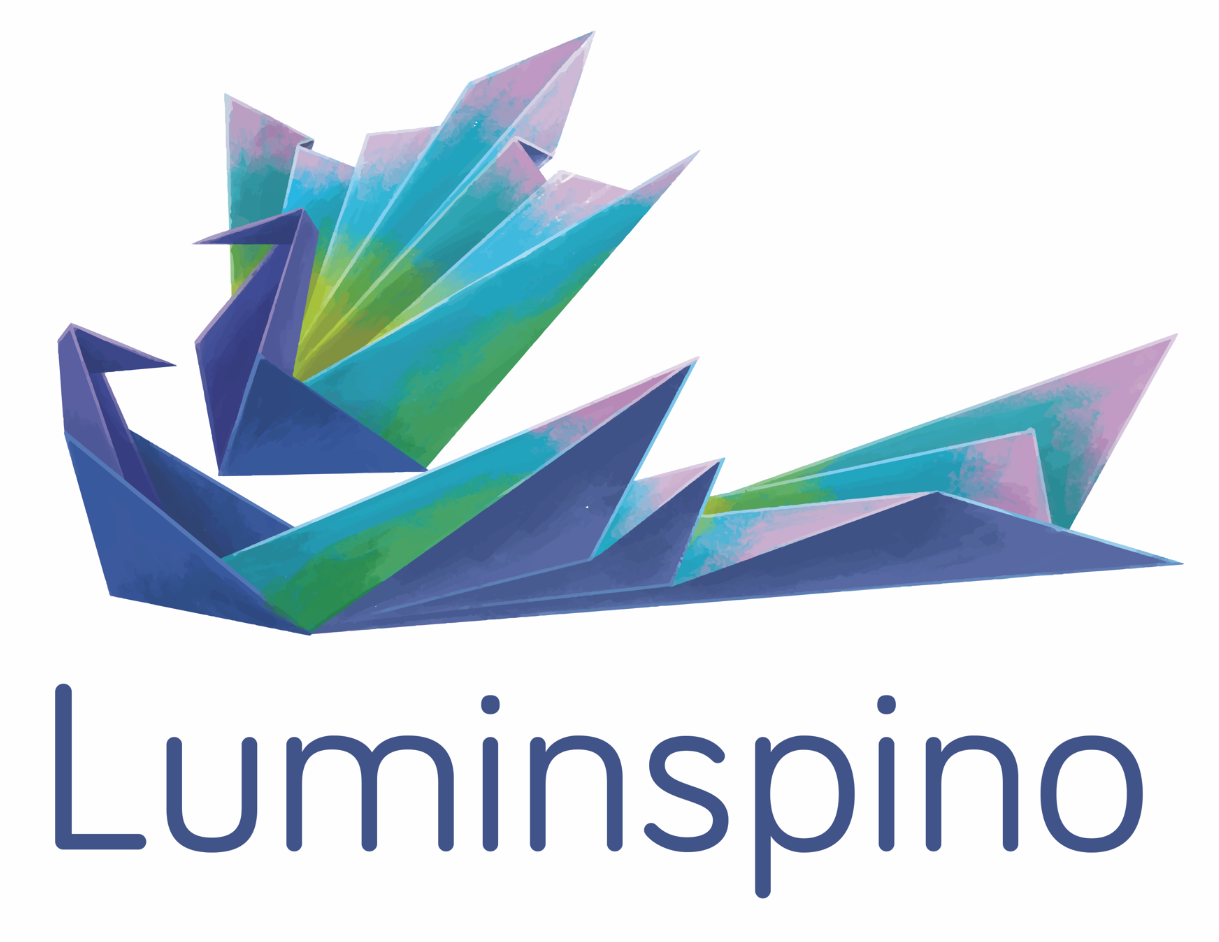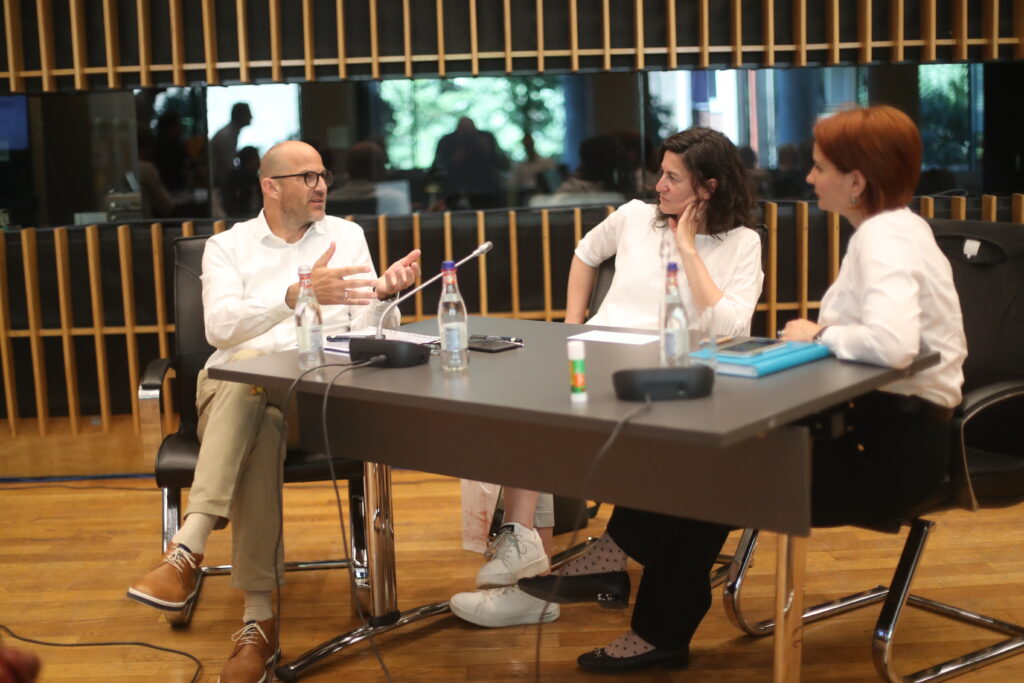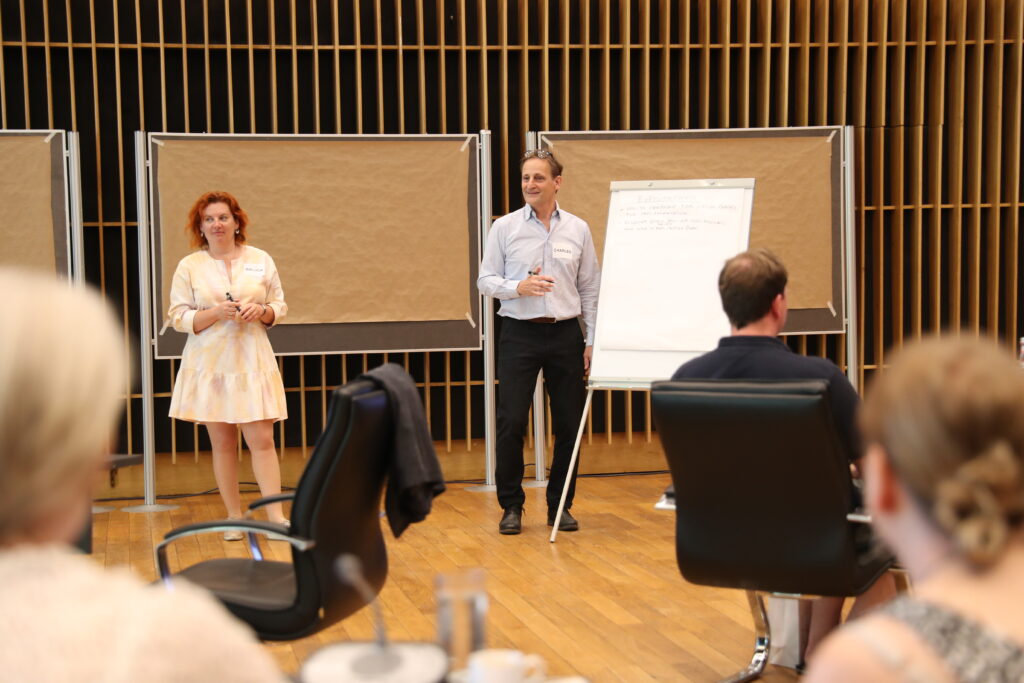Within the framework of the Interreg Europe project ACSELL – “Accelerating SME Innovation Capacities with a Living Lab Approach” – Luminspino provided consulting services to the Timis County Council, on building up the Action Plan for the province, as well as on designing and facilitating the “polithon – policy hackathon”, with the international consortium.
1. Action Plan
At province level, there are 31,209 registered companies overall, out of which 1,092 in the field of healthcare and social wellbeing, accounting for 3.5% of total. From the overall number of enterprises, SMEs represent 31,133, which is 99.8% of overall companies. This is a strong point, showing a strong SME tissue of companies, and if we add the fact that more than half of companies (16,584) are micro-enterprises (between 1 and 9 employees), then this demonstrates a vivid entrepreneurial interest.
The start-up dynamics represents 28% of overall companies (up to 3 years of age), and 8.3% were created in 2020, which was a difficult year for the setting up of new companies. In terms of number of people working in the healthcare and social wellbeing, the sector employs 3,691 people at county level. The largest majority is represented by the companies within the healthcare segment – 1,050 enterprises, employing 3,462 professionals.
The vision of the TIMIS ACSELL ACADEMY – INNOVATION VOUCHER SCHEME is to provide customised support for start-ups, SMEs, students and spin-offs, in their early-stage phase of product / service / process or business model innovation.
The Action Plan will be deployed throughout the following stages:
- Adoption of the delivery mechanism together with the key partners and facilitators / enablers – main principles, procedures, and delivery mechanism of the innovation voucher scheme.
- Promotion of the innovation voucher scheme throughout an intensive social media and media campaign, as well as by means of a promotion event, hosted in hybrid mode, so that to provide the widest audience possible from the target groups.
- Selection of the beneficiaries, up to 3 innovators in the pilot phase.
- Needs assessment, as a crucial step in achieving the optimal impact with the innovation voucher scheme, focusing on key aspects, such as type of innovative solution, TRL (technology readiness level) / BRL (business readiness level), risks of failure, team, competition, cost and revenue model.
- Roadmap for each beneficiary, encompassing the description of the support package, as well as the main Key Performance Indicators for each beneficiary.
- Implementation, and provision of at least 50 hours of coaching / mentoring provided per beneficiary.
- Mid-term assessment and improvement measures, at 1.5 months after start of the innovation voucher scheme implementation, for each roadmap.
- Promotion of success stories and lessons learnt, to showcase the beneficiaries’ success stories, as well as the impact achieved in terms of partnership delivery mechanism for the innovation voucher scheme.
- Monitoring of the innovation voucher scheme, alongside with a continuous improvement and extension of the innovation voucher scheme, on a year to year basis.
2. Polithon
The mission consisted in preparing the concept, agenda, and the facilitation process for the ACSELL Interreg Europe consortium meeting in Timisoara, on May 18-19, 2022. LUMINSPINO ensured the facilitation of the event with 2 professionals, Mrs. Raluca Cibu-Buzac, and Mr. Charles de Monchy.
The journey we took for two days, together with the international consortium from 7 countries (Germany, Belgium, Slovenia, United Kingdom, Denmark, Italy, and Romania), encompassed:
- Session 1 – Setting the scene and defining expectations
- Session 2 – Solutions for the pre-defined challenges envisaged in the implementation of the action plans, starting August 2022
- Challenges – structured debate on pre-defined and / or new challenges, how the challenges will be managed, how to ensure that impact on policy instruments is not affected etc.
- Lineo Engineering Timisoara – Showcase of advanced manufacturing
- Session 3 – How to work together for the 1st joint action: Setup of a trans-regional learning community on how to set up a living lab
- Joint actions – how to effectively collaborate and coordinate, way of working together, KPIs and timeline, roles etc.
- Steering group meeting of the project
- Session 4 – ensuring sustainability of the action plan results beyond the life span of the project
- Sustainability – aspects envisaged by each Action Plan, how to collaborate beyond the life span of the project, tools (governance, communication / promotion, EU funding etc.
- Case study on health and crisis support by BanatIT and Q&A session
- Session 5 – Wrap-up and next steps


